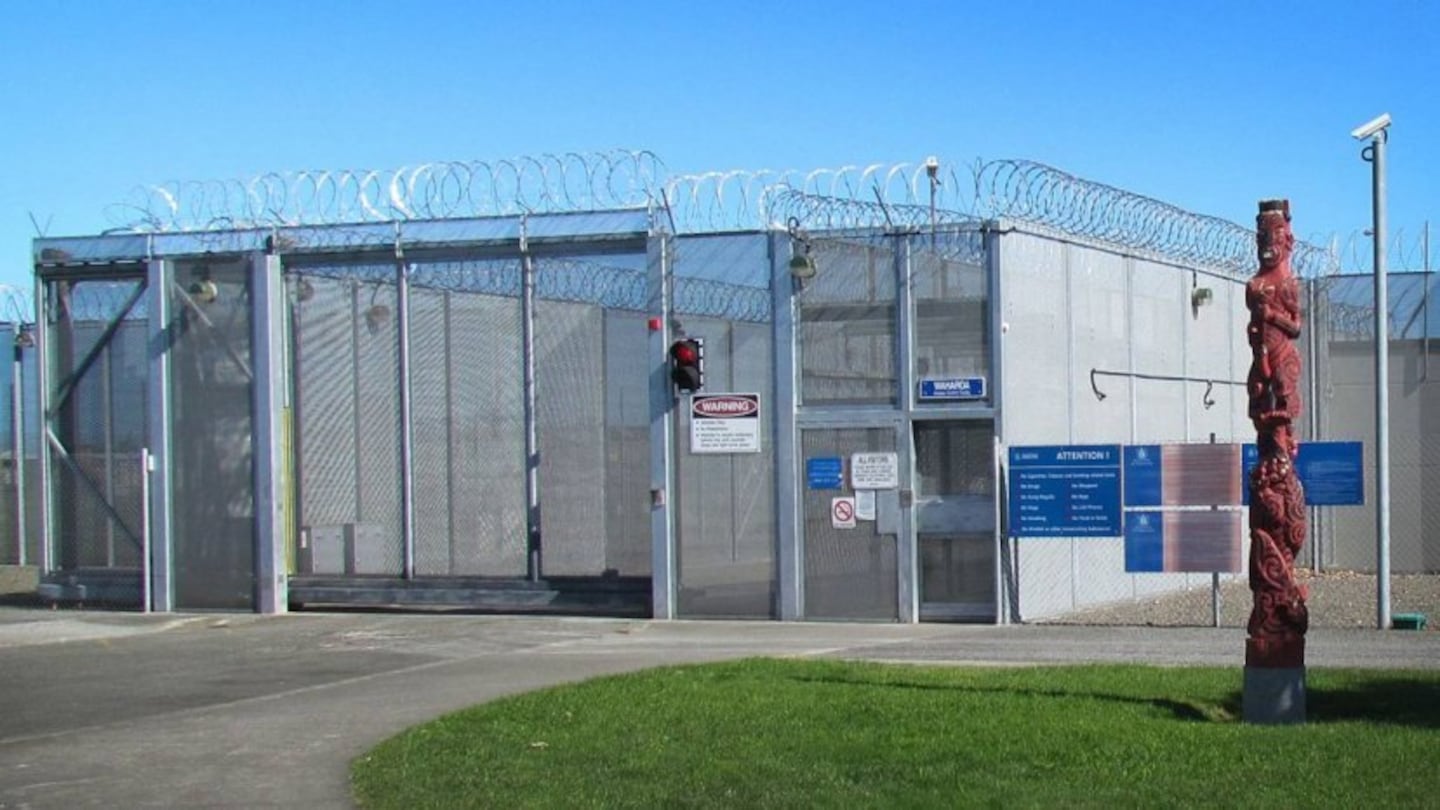A new report from the University of Auckland has found Māori prisoners are almost twice as likely to experience unstable housing after release as non-Māori prisoners.
The report highlights the need for stable housing for former prisoners to tackle rising recidivism rates.
Corrections data shows fewer than half of prison leavers find long-term housing, with 60% re-sentenced within two years.
“No one should leave prison without stable housing if we want to reduce rates of recidivism,” Associate Professor Alice Mills says.
“We can’t afford as a society not to do this. Recidivism has a high human and economic cost in Aotearoa, which is why everyone who enters prison, regardless of their status, should be given a detailed housing needs assessment, which should be maintained and updated throughout their stay.”
Māori were 1.7 times more likely to live in unstable housing post-release and 2.4 times more prone to relocating twice within six months compared to non-Māori.
Ex-prisoners struggle
Over half of 200 former prisoners in the research struggled to find post-release housing, with Māori facing 2.4 times more difficulty than non-Māori.
“This is likely to reflect the difficulties faced by Māori in wider society, including racism and discrimination in rental housing markets, and demonstrates the need for specialist housing support and provision for Māori leaving prison,” Mills says.
Stable housing aids in reintegrating prisoners into society according to Mills. It helps ex-prisoners get into mahi, access healthcare, welfare, and treatment services, as well as rebuilding whānau ties and personal relationships.
Corrections and government and Iwi partners provide over 1,200 housing places each year but it’s patchy and difficult to access, according to Mills, with the focus on individual housing, not whānau and whanaungatanga.
Mills is calling for placements to increase and that any post-release housing should have a feeling of “home” rather than simply “somewhere to live.” It should offer inhabitants privacy, permanency and control over their environment.
“This means long-term, affordable, safe, good-quality housing in the right location where people can maintain and/or develop strong, positive, supportive relationships and social bonds,” she says.
By Māori, for Māori
She argues that’s vital for Māori, as whānau plays an integral role in hauora, support, cultural understanding, positive self-recognition, and prosperity.
“And for wāhine who have often experienced abuse within the home, post-release housing should be safe, secure and supported, and provide a place for them to rebuild their relationships with their children,” she says.
Ultimately support should be culturally appropriate and provided by Māori organisations for Māori, she argues.
“Māori should be enthusiastically supported in their practice of Tino Rangatiratanga and mana motuhake to develop their own housing provision and support,” she says.


